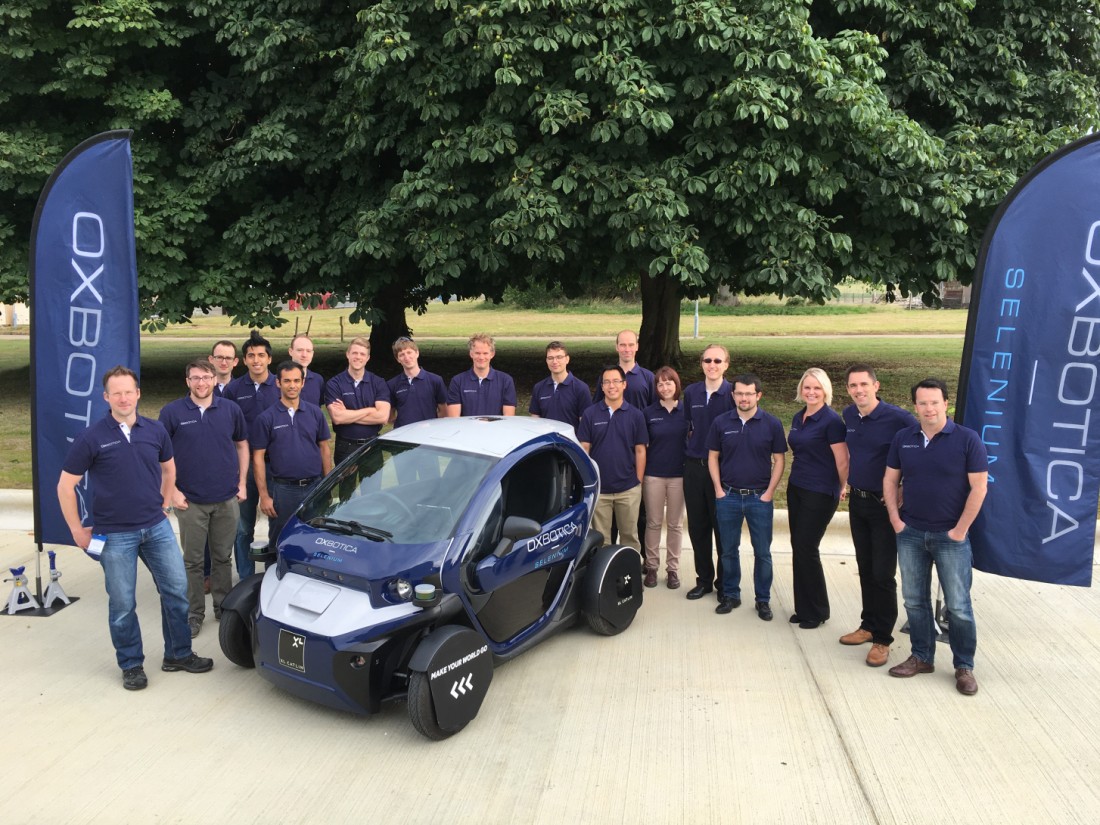Oxford-based research group Oxbotica are the latest firm to throw their hats into the self-driving car ring, with their offering with a “brain” that has the capacity to learn.
Unlike traditional laser-and-sensor style driverless cars, the likes of which are in the testing stage around Google campus, Oxbotica’s car is built on ‘Selenium’ software, which makes decisions on the road based on its experience, rather than just on sensory data.
The software, which has already been used in tech as diverse as NASA’s Mars rover and forklift trucks, will soon be used to develop “driverless pods” intended for pedestrianised areas. This innovation pits Oxbotica against the segment of the industry interested in automated taxi rides, which has so far attracted the attention of ad-hoc taxi giant Uber.
Recent research from Morgan Stanley suggests that the proportion of personal transport provided by taxi services will increase to more than a quarter by 2030, making plenty of space and providing revenue for automation and innovation.
Yet although the pods are soon to be seen in Greenwich and Milton Keynes, the robotics group says they are also looking for investment from traditional car manufacturers looking to automate. The likes of Ford and Tesla have already invested hugely in this technology, but Oxbotica are confident in their ability to take their slice of the market share.
Paul Newman, Oxbotica co-founder said: “first to the market does not equal first for all time. We’re talking about all things that move for all time. There’s not going to be one guy that does that for all time”.
“If you had a prang, you are probably a different driver because of it,” says Professor Newman.
Explaining the importance of a car ‘brain’ that can learn, he says that “the ability for shared learning from those mistakes is something that machines offer that humans don’t have”.
This unique form of collective learning is facilitated by Caesium, which is a cloud-based platform that connects the vehicles together.
Ingmar Posner, the company’s other co-founder, said: “Oxbotica has been founded on the principle that there is an infinite number of things you can do if you have software that can help a machine work out where it is, what is going on around it and where it has to go next.”
Their ‘Geni’ driverless pod is expected to hit UK streets soon, either as small-scale transport or for Ocado deliveries.



